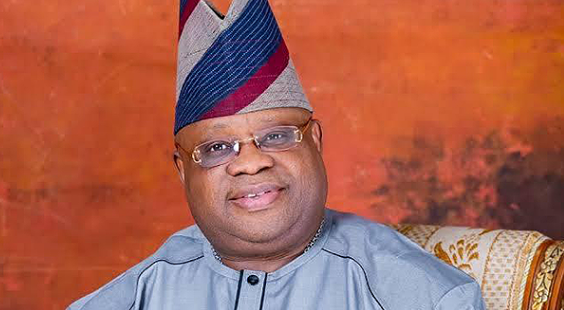Abuja, Nigeria— The Federal Government has highlighted the charcoal trade as a major threat to Nigeria’s forest sustainability and the livelihoods of millions, particularly in rural and peri-urban areas.
Dr. Aishetu Ndayako, Permanent Secretary of the Ecological Project Office, Office of the Secretary to the Federal Government, spoke at a stakeholders dialogue convened by the Centre for Renewable Energy and Action on Climate Change (CREACC-NG) supported by EkoEnergy. The event, themed “Trade and Trees – Rethinking Charcoal Production and the Vanishing Forests,” emphasized the urgent environmental challenges posed by the largely informal and weakly regulated charcoal industry.
Dr. Ndayako explained that charcoal remains a vital source of household energy for over 70% of Nigerians relying on biomass for cooking. However, this demand drives indiscriminate tree felling, ecosystem degradation, and biodiversity loss—with minimal reforestation efforts. Nigeria loses about 1.5 million trees daily, contributing to an annual deforestation rate of 3.5%, especially in savannah woodlands of Niger, Taraba, Benue, Kwara, and Kogi states.
The charcoal trade not only threatens carbon sinks and cultural heritage but also contributes to CO₂ emissions, drought, land degradation, desertification, and health risks linked to inefficient production methods.
Dr. Ndayako called for:
Harmonization of national policies on forests and biomass energy.
Empowerment of enforcement agencies to regulate charcoal production.
Active local community participation through incentives for tree planting, agroforestry, and community-managed woodlots.
Treating forests as renewable assets, not disposable resources.
Scaling up access to cleaner energy alternatives such as LPG, ethanol, biogas, improved biomass briquettes, and solar cookstoves, especially for vulnerable rural and peri-urban populations.
Supporting the environmental focus, Minister of State for Education Prof. Suwaiba Ahmad (represented by Aminulai Modupe) stressed integrating environmental education into the national curriculum to foster a generation that values conservation and understands the cost of unsustainable practices. The ministry’s Diaspora Bridge Initiative aims to boost research and collaboration in STEM related to climate solutions.
Usman Muhammad, Executive Director of CREACC-NG, underscored Nigeria’s status as the largest charcoal producer in Africa and second globally, urging collective action to address the environmental crisis. He announced plans to convene a National Summit on Forest and Energy Sustainability in June 2026 to deepen stakeholder engagement.
This dialogue signals a critical step toward balancing energy needs, forest conservation, and sustainable livelihoods in Nigeria.
By Enoch Odesola | August 3, 2025
Discover more from DnewsInfo
Subscribe to get the latest posts sent to your email.




